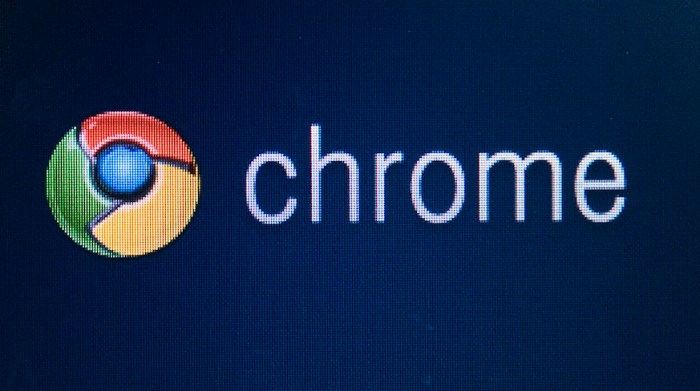Fire and Fury took the nation by storm with its number-one-on-Amazon-worthy insider details that, frankly, made Trump look bad. Really bad. (But, despite how the book portrays the president — unhealthy, unstable and unamused by the Constitution — White House physician Dr. Ronny Jackson assured the public that he’s all good.)
Publisher Henry Holt and Co. said they could barely keep up with orders, having to raise their initial printing from 150,000 copies to over one million, reports ABC News. According to the Associated Press, Michael Wolff’s book sold more than 29,000 hardcover copies in its first weekend, and since its early release on Jan. 5, e-book sales topped 250,000 and audio sales exceeded 100,000.
Fire and Fury is #1 on Amazon.
— Michael Wolff (@MichaelWolffNYC) January 3, 2018
Libraries across the country reported a long waitlist — three days after its release, TIME reported that The New York Public Library had a waiting list of more than a thousand. (And those were just libraries! Imagine how the online outlets felt.)
According to VICE, within hours of the release, pirated copies of the book (PDFs, audio, etc.) began surfacing. Wikileaks tweeted a Google Drive link promoting such copies, which Google reportedly removed shortly after (click on it, and you’ll find a note stating the link is a “violation of Google’s Terms of Service”).
Full text of controversial book on Trump, “Fire and Fury”, by Michael Wolff, leaks onto internet: https://t.co/sf7vj4IYAx
— WikiLeaks (@wikileaks) January 8, 2018
Pirated copies, like they usually do, still exist (about 17 percent, or 4 million, of e-books are pirated). And now, one of these reportedly comes with an unwelcome surprise: malware.
A security researcher with the firm Kaspersky detected this issue on Friday, the downloads of which include a PDF (only about 230 pages of the full 328) and a Windows executable file, The Daily Beast reported.
Sometimes we come across strange malware ? 8667949f8fd4ce4da0424af4208104e3 pic.twitter.com/D9l4xu62A6
— micham (@micham) January 19, 2018
The Daily Beast explained that this malware will only potentially exist in pirated versions of the book: “The dangerous types are the pirated PDFs you’d find in Google searches and on torrent sites, but not ones on traditional e-book retailers like Apple Books or Amazon.”
The site processed a sample of the malware through an online analysis service and reported back that the files were marked as “a so-called backdoor” that could give hackers “remote access to a victim’s computer.”
“Cybercriminals using PDF books for this purpose is not very common, as the level of interest is usually low,” co-founder and CTO at security firm Lastline Giovanni Vigna told International Business Times UK. “However, this book has had such publicity that it made sense to the cybercriminals to create a weaponized version.” He stressed the importance of using anti-malware tools with every document you open.
Or, you know, just don’t click on any pirated versions. Stick with the ones you can trust.


















